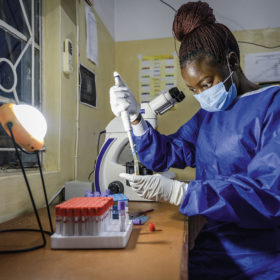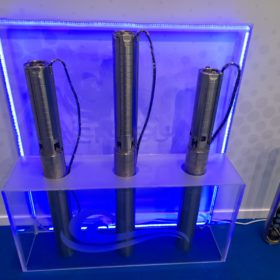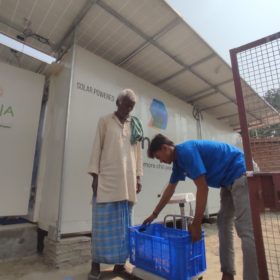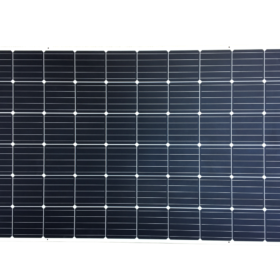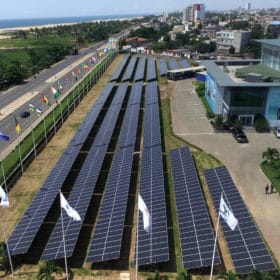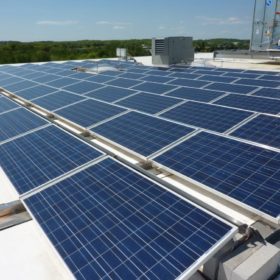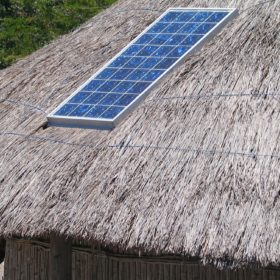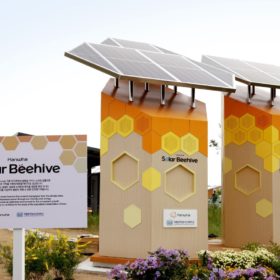A new day at sunset
For the many millions of people in sub-Saharan Africa who lack access to electric lighting, sunset brings an almost enveloping dark. But Light Libraries is one handy solar-powered program that brings an affordable end to darkness for school students. pv magazine sat down with Sofia Ollvid from SolarAid to discuss how these libraries work.
Novel photovoltaic water pump from Spain
A Spanish startup has developed a new pumping system that can operate in DC and AC modes. It can work for direct irrigation and with a water tank.
ISA opens global bids for solar cold storage in Africa
The International Solar Alliance (ISA) is overseeing bids from prospective contractors to supply, install and commission solar cold storage capacity in Senegal, Sudan, and Seychelles. Bidding is also open for two 2 MT systems in Djibouti.
Solar module for lightweight applications from France
French manufacturer 2CA has developed a 20%-efficient solar module that weighs four times less than a glass-glass module of the same size. It claims the frameless, self-supporting panel could be used for lightweight applications at military camps and other remote locations.
Solar LCOE may drop to $0.018/kWh in Africa by 2030, says IEA
The International Energy Agency’s latest “Africa Energy Outlook” report says grids will need to be expanded, along with natural gas exploitation, if everyone in Africa is to have access to electricity by 2030. On the solar front, the document predicts a levelized cost of energy of $0.018/kWh to $0.049/kWh by 2030 – cheaper than wind power or gas.
Nigerian state to install 600 MW of C&I solar in pursuit of 1 GW goal
The Nigerian state of Lagos and the World Bank have announced plans for 1 GW of rooftop PV by 2030.
Solar-powered offgrid residential unit from Japan
Japan’s Arth has designed an autonomous habitation module that produces water in places without energy and water infrastructure. The company said the residential unit could also be used as an emergency evacuation site.
EU energy fund to commit $514 million for solar projects at Romanian mining waste sites
Panels will be installed at waste sites in five mining towns as part of the latest, €2.4 billion ($2.57 million) round of investment from a fund set up to help coal-dependent European member states with the energy transition.
Irena gives latest update on stark chances of electricity access for all by 2030
The International Renewable Energy Agency’s latest annual report on the progress towards UN sustainable development goal seven estimates 670 million people will still lack electricity in 2030, and more than 2 billion will be reliant on unhealthy, polluting cooking methods.
Solar beehive in South Korea
Hanwha Group has marked World Bee Day by unveiling the country’s first solar beehive. The PV modules on the beehive generate electricity to automatically monitor and control internal conditions.
